BY PIJ INVESTIGATIONS
On July 19, 2017, then Agriculture Minister George Chaponda and businessman Rashid Tayub, Director of Transglobe Produce Export, were arrested by the Anti-Corruption Bureau (ACB) accused of involvement in maizegate—a procurement scandal of K26 billion worth of maize imported from nearby Zambia. At Chaponda’s house in Lilongwe, ACB seized $58,500 and K124 million in hard cash. President Peter Mutharika, under pressure from civil society and donors, fired Chaponda from cabinet on February 11, 2017. By 2018, Chaponda and his co-accused persons, were free men.
And it appears the government, through the Reserve Bank of Malawi’s subsidiary Export Development Fund (EDF), was eager to do business with one of them, again. As Malawians were obsessed with the soon to roll out Christmas festivals, the boardrooms of EDF and Transglobe were working on a deal that will see the Malawi government lose K6 billion of public funds —as feared by auditors for EDF— paid to Transglobe despite several red flags that pointed at the recklessness of the decision.
The deal allowed the EDF, through its unit Commodity Market Making (CMM), to agree with Transglobe to purchase pigeon peas and process them into dhal—a form of tasty Indian food.
Those red flags were not restricted to maizegate—but included Transglobe’s non-payment of a previous K2.8 billion loan to the same EDF.
According to an audit report by private forensic accountants, Fletcher and Evance, the mismanagement is not restricted to the Transglobe deal alone. EDF, through its Commodity Market Making (CMM), lost a further K6 billion in other deals, bringing the total loss to K12 billion; all blamed on failing to adhere to laid down procedures.
Part of the audit report that PIJ has sourced
EDF was established in 2012 to help in the country’s quest for promotion of exports through provision of finance, equity participation, credit guarantees, and advisory services for the setup, expansion, and modernisation of viable enterprises in the medium and large scale enterprises sector.
According to the audit, EDF had advanced credit lines to Transglobe in 2015 amounting to K1 billion which was fully repaid on 19th July 2016. In September 2016, Transglobe applied for another credit line of credit amounting to US$3 million (about K2.55 billion at today’s rate).
In December 2018, Transglobe and EDF entered into a joint venture agreement under CMM amounting to US$6 million (K5.1 billion). EDF approved this joint venture although Transglobe had, at this time, a non-performing loan under the credit and lending department.
The structuring of the whole agreement, auditors concluded, was suspicious.
“The Transglobe loan was approved on 3rd December 2018, and the loan agreement was signed on the 19th December 2018. Surprisingly, two days before the loan contract date—19th December 2018—Transglobe requested a drawdown of US$127,760 and K78,664,153.80.
Even though the drawdown itself only occurred after the contract date, before the signing of the loan agreement, there could not have been any mechanism that could have triggered this drawdown,” reads the audit.
It adds poignantly: “Why a borrower would request a drawdown before signing a contract could potentially be a red flag to the whole Joint Venture agreement between EDF and Transglobe with the benefit of hindsight, the fundamental element that seems to have existed in this loan process is an awareness of control weakness that could be exploited for financial gain. This can only happen where insider loan fraud situations arise due to the presence of bribes and kickbacks arising from the lending activity.”
The board of EDF, which approved the loan on December 3, 2018, during a 42nd special meeting, comprised Prince Kapondamgaga (who was alternate chairperson and now is the Chief of Staff for President Lazarus Chakwera), Noel Mkulichi, Kenneth Matupa, William Matambo, Beyard Matambo, and Tim De Borde. Those who failed to attend are chairperson Henry Mathanga, Christina Chatima, and Agness Sentala.
The report notes that the board ignored the key red flag of a non-performing loan (NPL).
“We noted that at the time of the approval of the Transglobe-EDF joint venture under CMM, Transglobe had a non-performing facility with EDF of about K2.8 billion. This was a red flag that was ignored by both management and the EDF board. In our interviews, we were told that management proposed additional financing to Transglobe to help it pay its non-performing loans under the Credit and Lending department.”
The auditors argue that EDF management and Board should have considered Transglobe’s alleged involvement in the ‘Maizegate’ scandal as a red flag.
Once the deal was rolled out, the audit says CMM acted with further “gross negligence” while Transglobe acted with “dishonesty.”
The report says CMM management released commodities without receiving payment as per the venture agreement with Transglobe.
“The EDF Board should consider conducting disciplinary action against Mr. Chifuniro Kaimapanjira, who was the head of CMT unit and other CMM employees responsible for various operations under the CMM unit. Transglobe acted with dishonesty in the joint venture with EDF. Transglobe used EDF funds without approval, which was a breach of contract. Transglobe and its Directors must be investigated for dubious and fraudulent dealings and possibly forex externalization,” reads the report.
According to the audit, the commodities traded by the joint venture were stored by Bridge Shipping Company, which acted as the collateral manager for the Joint Venture. The audit accuses Bridge Shipping of acting with dishonesty, too, by releasing commodities valued at over US$1 million to Transglobe without authorization by EDF.
“The release of the commodities was confirmed by Mr. Hamza Tayub, a Director of Transglobe. The act by Bridge Shipping Company was in breach of contract, indicating some collusion with Transglobe behind EDF. Bridge Shipping Company should be investigated as an accomplice to Transglobe,” it adds.
RBM headquarters in Lilongwe
“No comment”
Transglobe—or Transglobe Produce Export Limited in full—was incorporated in 1994 as an agricultural commodity trading company, and it is a subsidiary of Tayub Corporation Limited owned by the Tayub family—Faruk Tayub, Salim Tayub, Sattar Tayub, and Parvez Tayub.
When contacted for comment, one of directors for Transglobe, Rashid Tayub, said he will get back to PIJ but did not do so despite several reminders.
We specifically sought the following answers from Transglobe:
1. Whether the company is aware of the EDF audit report and what it makes of its findings, particularly accusations of dishonesty
2. Whether the company agrees with the audit conclusion that Transglobe is unlikely to repay K6 billion of public funds it took through loans and other means from EDF through CMM.
3. The audit allegations that Transglobe used its facility with EDF to externalize forex, what do you say about these allegations?
Kaimapanjira, who was CMM Chief Operating Officer and was faulted by the audit report, refused to comment when contacted.
“My response is that I have not seen the audit report by Fletcher and Evance which you have mentioned, and therefore I am not able to respond to your questions,” said Kaimanjira in a written response.
EDF CEO Msomba had left the job and could not comment on the matter.
EDF is a wholly-owned subsidiary of RBM—the regulator and registrar of financial institutions—and was established in 2012 as a private development finance institution (DFI) for export businesses. Its key goal is to boost Malawi’s exports.
We sought the position of RBM on the issues, but the central bank’s spokesperson Ralph Tseka wrote back: “Your questions are appreciated. But unfortunately, I cannot answer these questions because the issue is in court now.”
The specific answers we sought from RBM focused on what actions the Central Bank has taken to ensure the issues raised in the audit are addressed; whether the bank commenced disciplinary proceedings against the CEO of EDF and leadership of CMM as called for by the audit report; what is the bank doing to ensure K6 billion of taxpayer money which Transglobe obtained through EDF and CMM is returned to the public and whether the Bank investigated allegations that Transglobe used the facility with EDF to externalize forex.
Storm
EDF has since summoned Kaimapanjira for disciplinary action over the findings of the audit, but the Chief Operating Officer refused to appear before the hearing citing technical issues around the audit, and has since taken legal action against EDF to stop its action.
Amid the storm over the audit, some members of the EDF have also penned the anti-corruption bureau to complain about how EDF procured the services of the audit Fletcher and Evance.
The complaint alleges that between September 2021 and December 2021, three members of the Board and the Chief Executive Officer (CEO) hand-picked Mr. Handsome M’bwana styled as Fletcher and Evance “who is not registered as an Audit Firm in Malawi and also not licensed by the Regulator, Malawi Accountants Board (MAB) to provide auditing services in Malawi, to conduct forensic audit only on selected transactions, instead of all the transactions EDF undertook during the review period from 2017 and 2020, without following a competitive bid process as required by the EDF procurement procedures. EDF is a public institution and follows the provisions of the Public Procurement Act as well as Public Finance Management Act.”
In addition, the complaint further seeks the Bureau to also investigate the Board of Directors for abuse of office for allegedly taking unentitled fringe benefits, without even deducting income tax, from EDF every month comprising airtime and fuel, contrary to the guidelines of benefits for the Board of Directors of EDF.
The PIJ, however, has not seen any claims by those dissatisfied with the audit, questioning the credibility of the findings by Fletcher and Evance, particularly the Transglobe deal.
In an interview, Fletcher and Evance Managing Partner disputed both allegations that the company was hired irregularly and that it was not licensed.
“There is no any institution that regulates forensic audit . We are affiliated to institutions outside the country. There is no need for us to get licensed by ICAM.
“It was done under restricted tendering. They pick 3 or 4 known suppliers. Our proposal was number one and EDF. Forensic auditing, you do not put in the newspapers adverts because people destroy evidence. We were recruited professionally and did a professional job,” said Mbwana.



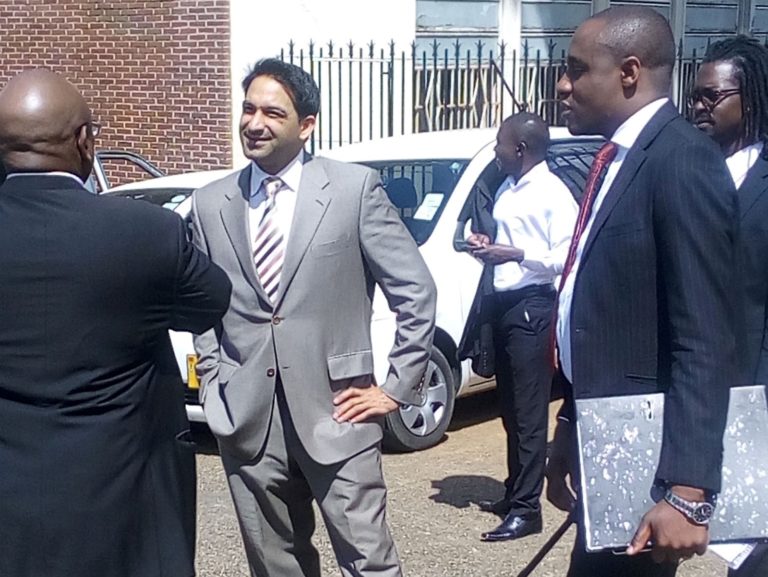

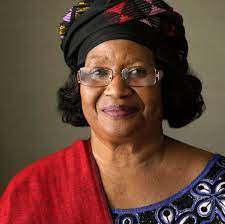
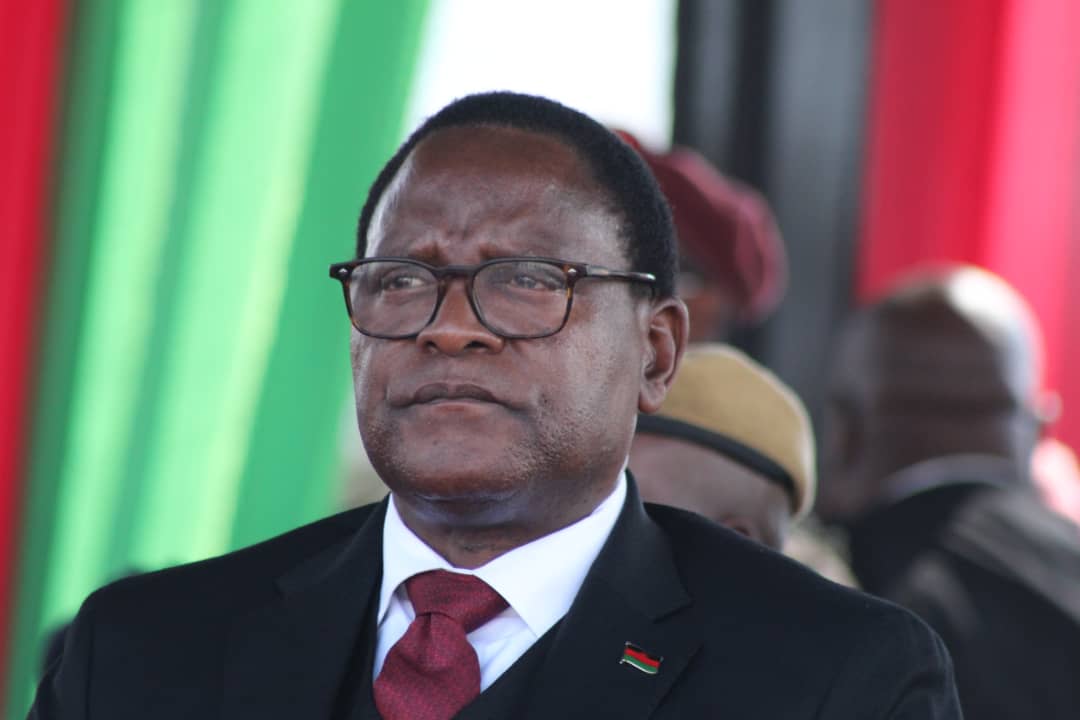
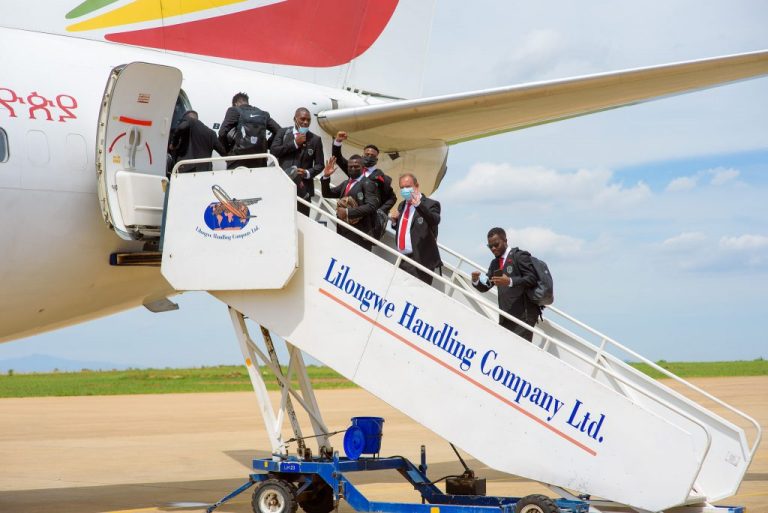
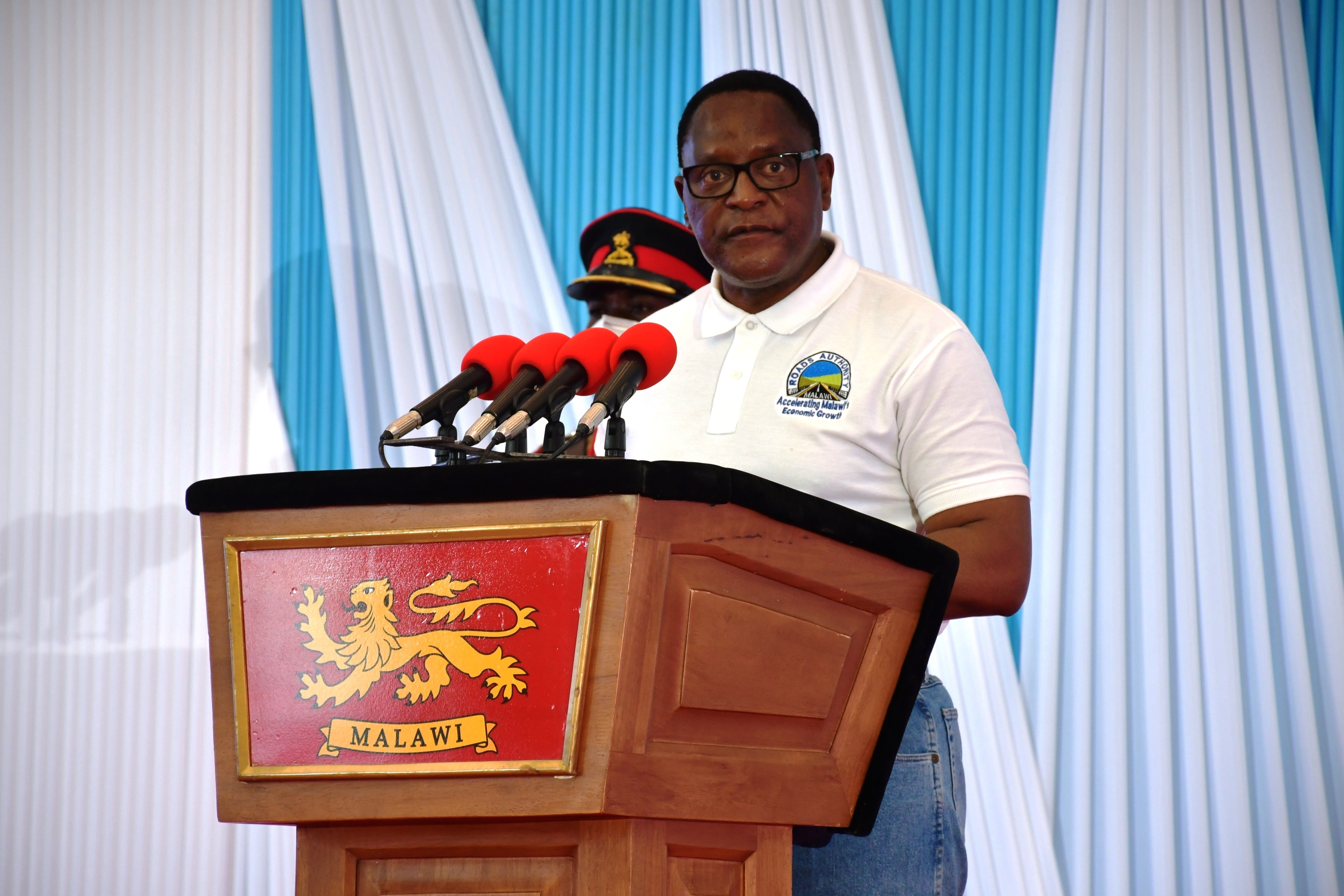
.jpg)
